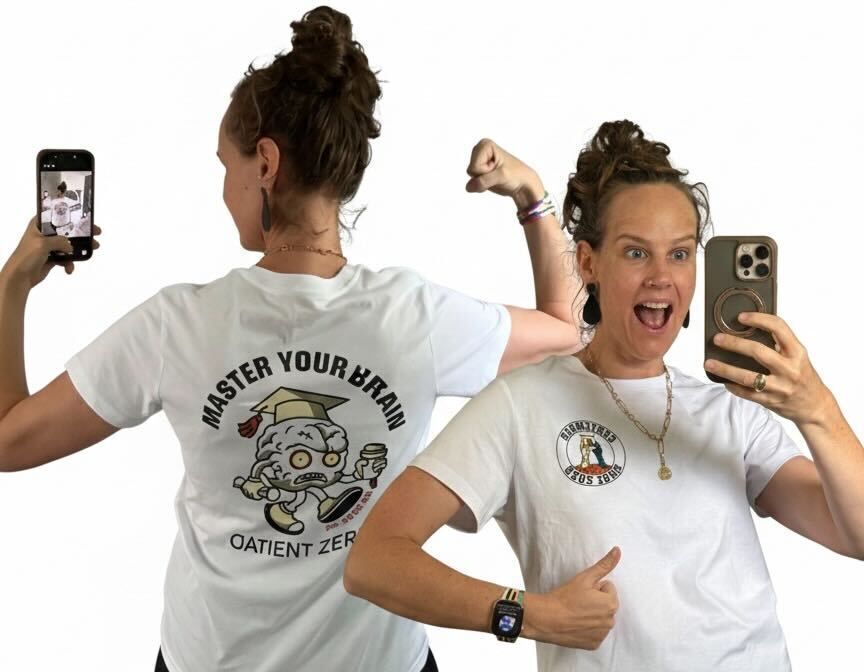❤ 100% Australian Owned. ISO 27001 Certified.
Patient Zero is a sovereign capability partner for Government and Enterprise. We don't just write code; we deliver rigorous, secure engineering solutions for mission-critical systems. Verified on Federal (BuyICT) and State (QITC, eServices) panels.










